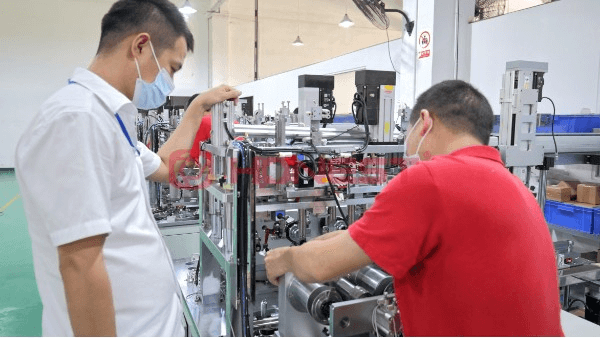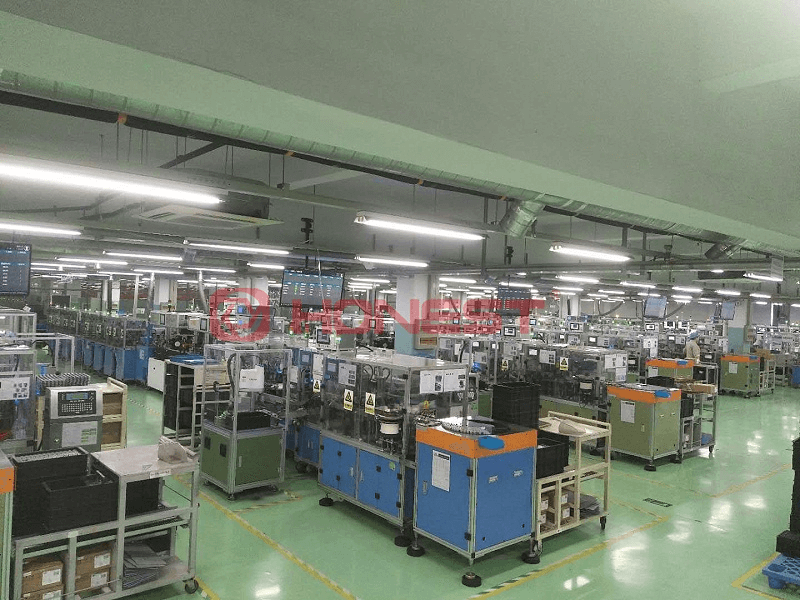
News Center
Can Motor Production Lines Operate 247 Continuously
Published on.
2025-04-10 13:52
Source
Amidst the smart manufacturing revolution, motor assembly line are fundamentally redefining global production paradigms. This technological evolution has not only achieved exponential efficiency gains but also catalyzed lean and flexible manufacturing philosophies. However, when subjected to the relentless demands of 24/7 operations, system reliability emerges as the ultimate litmus test for modern production lines. Can motor production lines truly deliver reliable 24/7 operation? While automated assembly systems are theoretically designed for sustained operational stability, real-world production environments inevitably present multifaceted challenges.

1. Equipment overheating: When the equipment is running for a long time, the various components of the equipment continue to work, and heat continues to accumulate. In this process, the performance of electronic components may decline or even burn out. The lubrication performance of mechanical parts will also be affected by high temperature, increasing friction and wear.
2. Increased wear: Due to the long-term high-speed operation of mechanical parts, such as conveyor belt bearings, robot arm joints, etc., they are constantly subjected to friction and stress, resulting in a gradual decline in their accuracy and performance, affecting the accuracy and efficiency of assembly.
3. Frequent failures: such as sensor failure, control system freeze, motor overload, may cause the production line to shut down, increase its maintenance costs and production cycle.

In response to the above challenges, manufacturing companies can take a series of reasonable maintenance measures during the production process to reduce the occurrence of problems such as equipment overheating, increased wear, and frequent failures. First, regularly clean the equipment and check the cooling system. Forced air cooling or liquid cooling systems can be used to ensure the normal operation of components such as cooling fans and heat sinks, and clean up dust and debris in time to improve heat dissipation efficiency. Secondly, use high-quality lubricants and regularly lubricate and maintain mechanical parts to reduce friction and wear. Regularly perform performance tests and replacements on key components, such as conveyor belt tension detection and robotic arm precision calibration, to ensure stable operation of the equipment. Finally, establish a complete fault warning and rapid response mechanism, install sensors to monitor the operating status of the equipment in real time, and promptly alarm and take corresponding measures once an abnormality is found. At the same time, equipped with a professional maintenance team and sufficient spare parts to shorten the fault repair time.
The motor production line does have a certain degree of reliability when it works 24 hours a day, but it also faces some challenges. While enjoying the efficient production brought by it, manufacturing companies need to fully recognize the possible problems and take effective maintenance measures to ensure the reliable operation of the assembly line. Only in this way can we truly improve production efficiency and product quality and achieve sustainable development.
Related News






